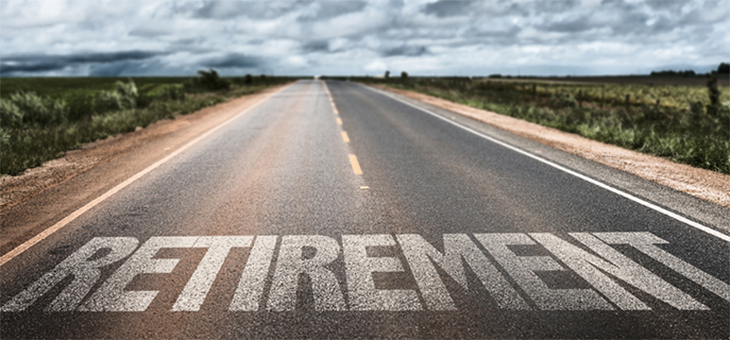Retirement planning is a crucial aspect of life, especially as we approach our golden years. It’s the time when we hope to enjoy the fruits of our labour, indulge in hobbies, and perhaps even travel. However, the reality of retirement in Australia today may require a bit more financial preparation than many of us anticipate. According to the Association of Superannuation Funds of Australia (ASFA), Australian couples need a substantial nest egg to retire comfortably.
The cost of living for retirees has seen a slight dip recently, with a 0.5 per cent decrease this quarter due to falling petrol and electricity prices. This temporary relief is a small boon for seniors, particularly as we head into the festive season. ‘The easing in short-term retirement budget pressures will be a welcome holiday gift for retirees at this time of year,’ ASFA CEO Mary Delahunty remarked. However, this dip does not overshadow the significant increase in retirement costs over the past two decades.

In 2004, a comfortable retirement for a single 65-year-old required an annual income of $31,797, while a couple needed $41,394. Fast forward to today, and those figures have jumped to $51,814 for singles and $73,031 for couples. Consequently, a couple aiming to retire at 67 would need around $690,000 in their superannuation, and a single person would need $595,000.
These figures are based on a retirement lifestyle that includes comprehensive health insurance, dining out occasionally, and the ability to take one domestic holiday per year. It also assumes that the retiree(s) own their home outright. Unfortunately, only about 30 per cent of retirees currently have the funds they believe are necessary for a comfortable lifestyle. This percentage is expected to rise to 50 per cent with the super guarantee rate increasing to 12 per cent by July 1, 2025.
The cost of living pressures for seniors are particularly acute in areas that are essential, such as health insurance, energy, and groceries. Over the last 20 years, we’ve seen staggering increases in these costs: electricity by 150 per cent, water and sewerage by 161 per cent, gas by 122 per cent, petrol by 113 per cent, medical and hospital fees by 112 per cent, property rates by 106 per cent, and insurance by 99 per cent.
For Australians whose superannuation may not meet these requirements, 9News Money Editor Effie Zahos offers some advice. Maximising your super can be achieved by ensuring you’re in the right investment option and not overpaying in fees. Additionally, the government co-contribution scheme can add up to $500 to your super each financial year if you’re eligible. To receive the full amount, you’d need to earn $45,500 or less and contribute $1000 to your super from your after-tax income.
Other strategies include using cashback sites that funnel rewards directly into your super and, for those nearing retirement, considering the age pension to supplement your super income. It’s also wise to consult with a Services Australia Financial Information Service Officer for personalised assistance.
As we look towards retirement, it’s clear that preparation is key. Understanding the financial landscape and taking proactive steps can help ensure that our later years are as comfortable and enjoyable as we envision.
How are you preparing for retirement? Have you found any strategies particularly helpful in growing your nest egg? Share your experiences and tips in the comments below – your insights could be invaluable to fellow Australians planning for their future.


The amount that you require to retire on depends on a number of factors.
1) Where you live.
2) are you renting.
3) do you have a mortgage.
4) do you own your home freehold.
The amount will vary upon what combination of the above details your specific situation.